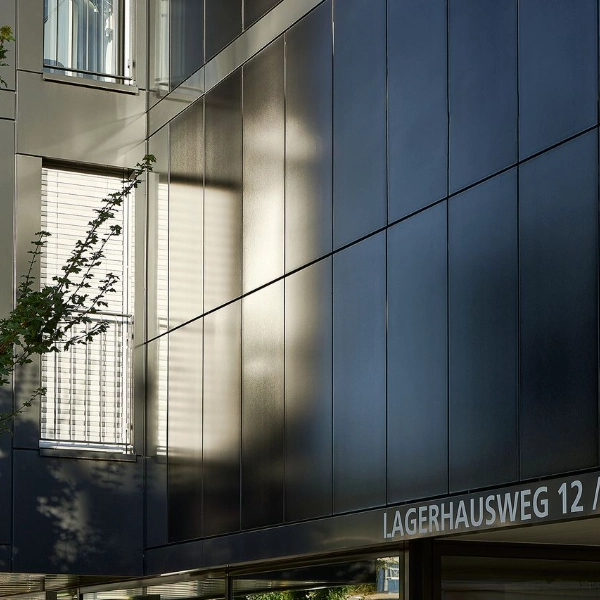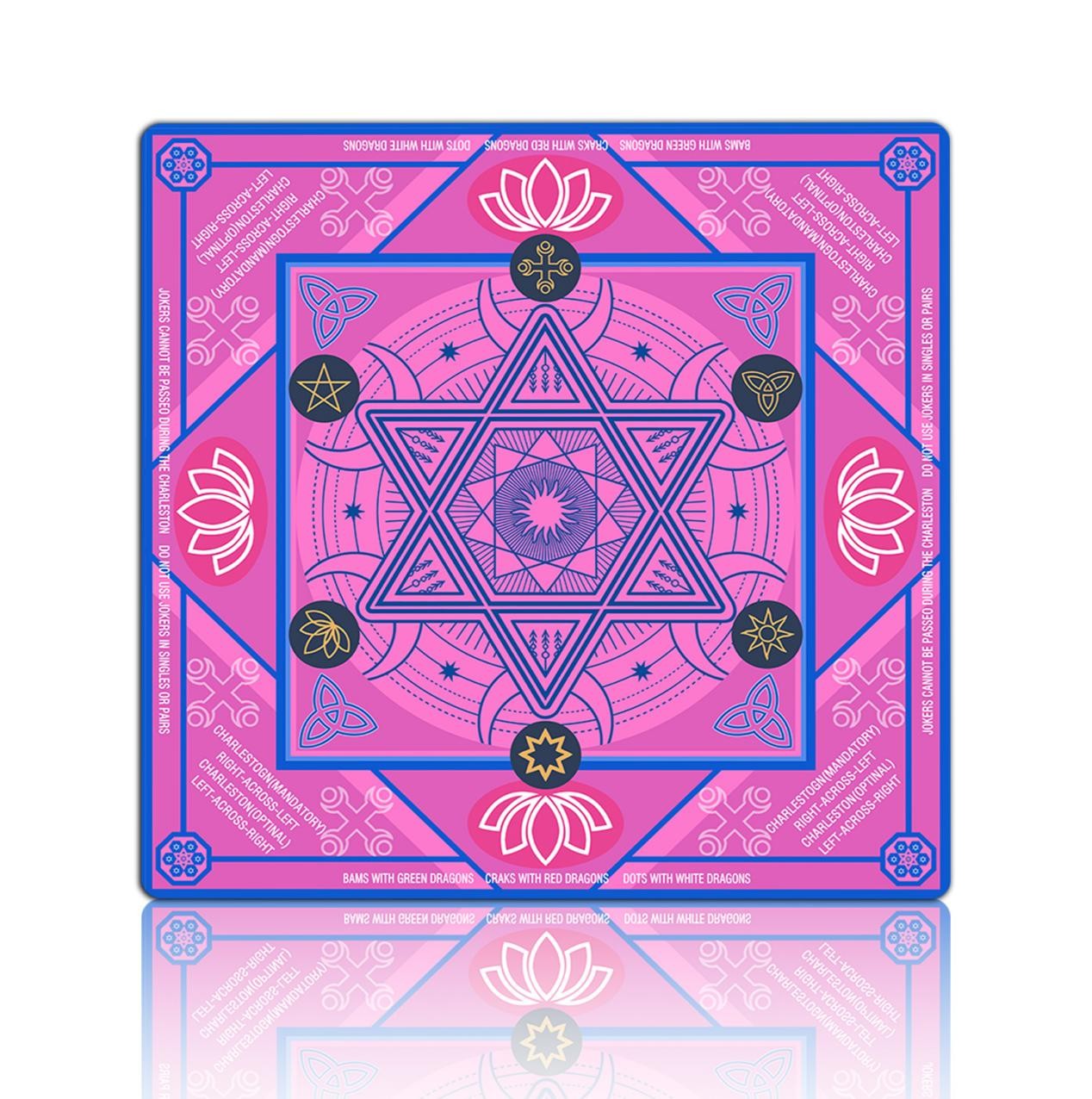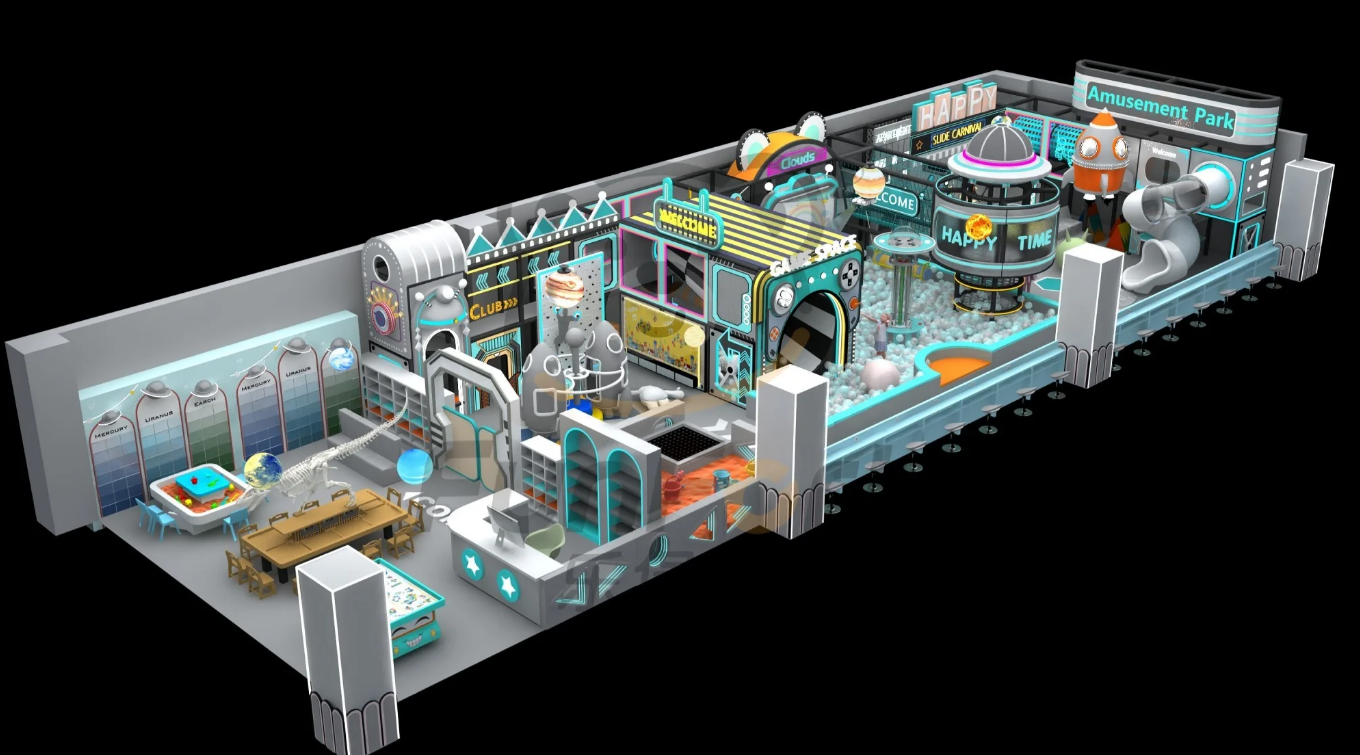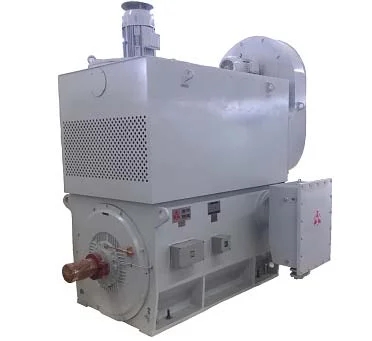Unveiling the Secrets: Exploring the Materials Behind Partition Walls
Partition walls play a crucial role in dividing spaces and creating functional areas within a building. The choice of material for partition walls is essential, as it affects not only the structural integrity but also the acoustic and fire-resistant properties. In this blog post, we will delve into the world of partition wall materials, exploring their characteristics, applications, and advantages.
- Gypsum Board:
Gypsum board, also known as drywall or plasterboard, is a widely used material for partition walls. Composed of a gypsum core sandwiched between two layers of paper, it offers several benefits. Gypsum board is lightweight, easy to install, and provides excellent fire resistance. Its soundproofing capabilities make it ideal for offices, residential buildings, and commercial spaces. - Glass:
Glass partition walls have gained popularity due to their aesthetic appeal and ability to create an open and spacious atmosphere. Tempered or laminated glass is commonly used for safety reasons. Glass partitions allow natural light to penetrate, enhancing the overall ambiance of the space. However, privacy concerns and limited sound insulation are factors to consider when opting for glass partition walls. - Metal Studs and Tracks:
Metal studs and tracks are frequently used in combination with other materials to construct partition walls. These lightweight and durable components provide structural support and stability. Metal studs are often made of galvanized steel, offering resistance to corrosion and fire. They are commonly used in commercial buildings, where flexibility and ease of installation are essential. - Concrete:
Concrete partition walls are known for their exceptional strength and durability. They are commonly found in industrial settings or areas where high sound insulation and fire resistance are required. Concrete walls can be precast or cast-in-place, offering versatility in design and customization. However, their heavyweight and complex installation process make them less suitable for certain applications. - Wood:
Wooden partition walls bring warmth and natural beauty to interior spaces. They are commonly used in residential buildings, hotels, and restaurants. Wood offers good acoustic properties and can be easily customized to fit various design styles. However, it is important to consider fire safety regulations and maintenance requirements when opting for wooden partition walls.
Conclusion:
Choosing the right material for partition walls is crucial to ensure functionality, aesthetics, and safety within a space. Gypsum board, glass, metal studs, concrete, and wood each offer unique advantages and considerations. Understanding the characteristics and applications of these materials empowers architects, designers, and homeowners to make informed decisions when creating partition walls.







